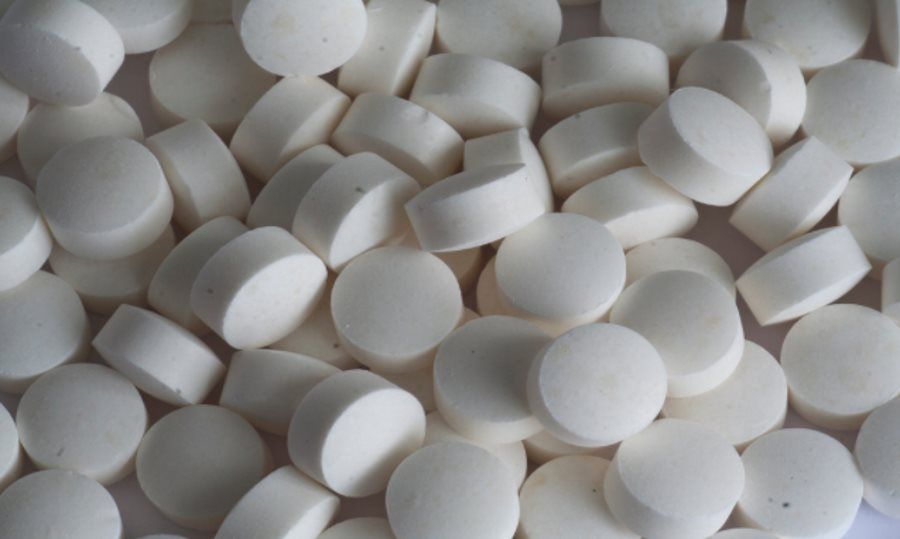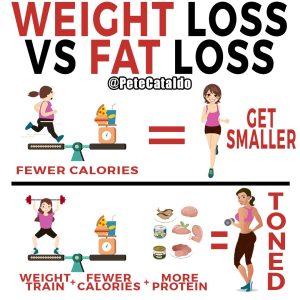
Homeopathy on censorship. UK health service cuts subsidies
The National Health Service (NHS) has decided that homeopathy will no longer be reimbursed from public funds. NHS authorities said it would be better to use the funds to reimburse scientifically proven treatments.
Homeopathic remedies are sold at thousands of points around the world. You can get them in mportant – From pills to pastes to tinctures. The problem is that the efficacy of homeopathy is not supported by scientific evidence and clinical trials conducted.
According to estimates In the NHS, nearly £600,000 has been spent on homeopathic preparations in the last five years, and the public expects the health service to put every pound to good use in ze means in the public. A report prepared by the NHS recommended that doctors should not prescribe the formula in homeopathic. In it, the authors wrote m.in. about the lack of solid evidence on the clinical effectiveness of such measures .
– Homeopathy is at best a placebo. And surely this is an inappropriate use of NHS funds, which re could be put to better use. The public expects the health service to put every pound to good use. And our decision is part of this. We have taken concrete steps to allocate our funds to effective medicines and modern therapies – Simon Stevens, chief executive of the NHS.
As he noted, the cost to the taxpayer is not only the reimbursement of an ineffective drug, but also the cost of the patient‘s subsequent visits to the doctor or reexaminations. These costs should also be taken into account.
– Homeopathy is based on implausible assumptions, and the evidence provided by homeopathic are unreliable beyond the placebo effect. Moreover, taking this type of preparation can cause serious harm when used as an alternative to effective treatments – said in an interview with „The Guardian” Edzard Ernst, emeritus professor of medicine at the University of Exeter. – Therefore, it is time for the NHS to stop funding homeopathy and instead use resources on treatments with proven effects – added.
The decision of the British health system is not the only one in recent times, kt ra negates the effect of homeopathy. Last year in the United States, manufacturers were ordered to produce a preparation in homeopathic medicine, so that the packaging says m binding that "there is no scientific evidence on the fact that the product works". A similar position was taken by the Russian Academy of Sciences, kt ra concluded that homeopathy has no scientific basis.
The German physician Samuel Hahnemann can be considered the father of this practice, kt ry lived in the 18th century. It theorized that taking highly diluted doses of a substance that is The operation took place on February 14, and lasted for about a month b healthy, should cure people who re suffering from similar ailments.
Homeopathic remedies are prepared by successive dilution, with the result that the final preparation for sale may not contain a single molecule of the active substance. Homeopaths rely on so-called. water memory, which ra is supposed to cause permanent changes in the prepared solution. However, this phenomenon has never been observed or scientifically confirmed.
Admittedly, some re clinical trials have given positive results of the preparation In homeopathic, but the result In these it has failed to repeat The results of subsequent studies or methodological problems have been. Science is not known how to b how these preparations would cure, other than the placebo effect. And although these measures are og lnie considered safe, because in most cases the consist of sugar or alcohols, it is experts who consider the practice of homeopathy by doctors to be a malpractice. This is also what the Council of the Supreme Medical Council recognized in a July 2008 communication. Unlike drugs In conventional, in many countries of the world, Also in Poland, from this type of measures are not required to confirm their effectiveness.

